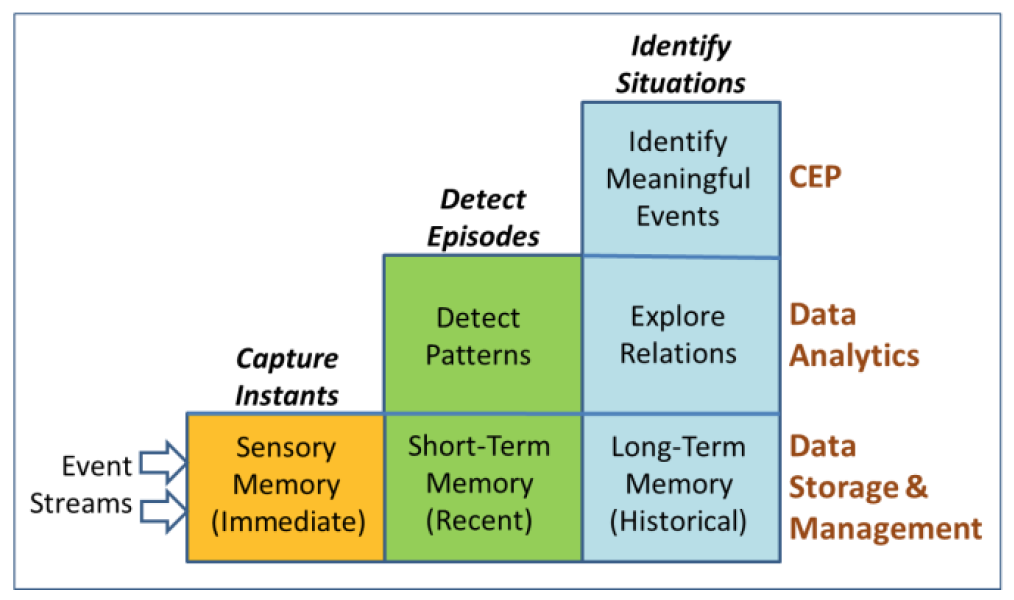Solving a multi-billion dollar gridlock with AI
03 February 2021

This article is part of Certis' Insights Series that feature the latest Artificial Intelligence applications and developments.
Download links for the Certis research paper(s) mentioned in this article can be found at the end of the page.
Congested roads are costing economies billions of dollars
In 2018 alone, the economic impact in the United States arising from lost productivity due to traffic congestion amounted to US$87 billion − an average of US$1,348 per driver. This included lost productivity of workers sitting in traffic, increased cost of transporting goods through congested areas, and additional fuel used.
Paving new grounds
Efforts have been invested in traffic prediction techniques but many have missed how the downstream impact how city administration should predict and react to incidents and events.
However, there are 2 main problems with traditional event-based systems:

Concept Drift
Statistical properties of the target variables evolve over time in an unanticipated way and causes predictions to become less accurate as time passes

Impractical Labelling in Real-time
Labelling is either impractical in real time due to intensive labour requirement difficulty of classification or lack of observable evidence
Operationalising Artificial Intelligence for digital transformation
Certis is able to harness and operationalise AI into the Complex Event Processing (CEP) method to identify and predict incidents, enable a swift response through effective deployment of critical resources to ensure well-coordinated recovery action before any incident develop into crisis.
A research published by Certis' researchers titled "Road Operations Orchestration enhanced with Long-Short-Term Memory and Machine Learning" addresses the shortcomings and lay the foundation of this CEP-based Road Management Solution.
Powered by artificial intelligence (AI), the CEP track and analyse streams of information to detect traffic conditions on multiple levels, from the extraction of vehicle information to predicting road conditions and addressing real-time situations.

Certis' CEP model leverages Data Analytics to detect patterns and predict behaviours
Operating like a human brain, the CEP is enabled with a long-short-term memory (LSTM) model. The model mimics the human short-term and long-term memories to maintain recent and historical events chronologically in two separate stores. With this capability, it can always store new event analytics in real-time, while storing the history of events in its long-term memory.
Outcomes of Certis CEP-based Road Management Solution
Actual Deployments of this CEP-based Road Management Solution has yielded multiple benefits including:

Swift responses and coordinated recoveries
 Effective oversight on real-time traffic conditions
Effective oversight on real-time traffic conditions

Measure traffic demand for trending and optimal deployment of public resources
Non-transport industries will also benefit
The application of this solution will not only benefit the transportation industry but can be extended to unmanned protection of critical infrastructures, including commercial and retail buildings. Industries that can benefit from harnessing IoT sensors and smart devices to enable centralised management of digital twins through the convergence of physical and digital environments include:

Government
 Retail and Building Owners
Retail and Building Owners

Transport Operators
What does it mean for your business?

Smart monitoring through CCTVs and sensors with AI, data and video analytics capabilities
 Secured access control system with in-built facial recognition technology
Secured access control system with in-built facial recognition technology

Optimised allocation of resource with predictive and real-time operational data
 Streamlined customer experience
Streamlined customer experience

Enhanced orchestration of operations
To download the research paper "Road Operations Orchestration enhanced with Long-Short-Term Memory and Machine Learning" published by Certis - click here
Tagged Topics: